Nigeria’s quest to create additional states has taken a new turn as the National Assembly Joint Committee on Constitution Review has recommended the creation of six new states—one for each geopolitical zone.
The decision was reached after a two-day retreat in Lagos, jointly chaired by the Deputy President of the Senate, Barau Jibrin, and the Deputy Speaker of the House of Representatives, Benjamin Kalu. Lawmakers considered 69 bills, including 55 separate requests for new states, two boundary adjustment proposals, and 278 requests for new local government areas.
If approved, the recommendation will increase Nigeria’s states from 36 to 42. It also means the South South, South West, North East and North Central would each have seven states; the North West would rise to eight; while the South East would move from five to six.
For many stakeholders, especially in the South East—currently the only zone with five states—the recommendation falls short of correcting long-standing structural imbalance.
Elder statesman, Dr. Chike Obidigbo, cautioned against the growing friction over which communities should form the additional South East state. He warned that political interests were attempting to sow division among the Igbo in the guise of addressing marginalisation.
Obidigbo highlighted competing proposals for Adada State, Etiti State, and Anioma State, stressing that any solution must follow due process, including a referendum. He argued that the Delta State House of Assembly is unlikely to endorse Anioma joining the South East, despite external pressures pushing the idea.
He urged Ohanaeze Ndigbo to convene a unified meeting to assess all proposals and agree on a common front.
“Instead of needless rancour, our leaders should sit together and evaluate the various demands. This is not the time for disunity,” he said.
Adding his voice, Dr. Chuka Nnabuife, Managing Director of the Anambra State Civic and Social Reformation Office, welcomed the push for more states but insisted that true fairness was still lacking.
According to him, the South East having only one additional state while other regions also get one each simply maintains the inequality.
He argued that development historically improved as Nigeria expanded from 12 to today’s 36 states, and that state creation itself should not be seen as a burden to the economy.
“Equity demands that the South East must be brought to the same level as others. If every region is getting one more, the imbalance remains. The zone needs two additional states, or at the very least, other regions with seven states should not get new ones,” Nnabuife said.
As debates intensify, the proposal still has a long constitutional journey ahead—including legislative approval, state assembly concurrence, and a nationwide referendum.
For now, the call for fairness continues to echo loudest from the South East, where leaders insist that anything short of equal state count across regions falls short of true justice.


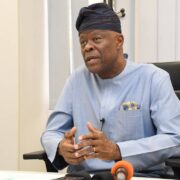

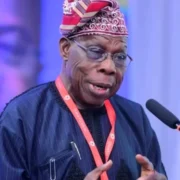
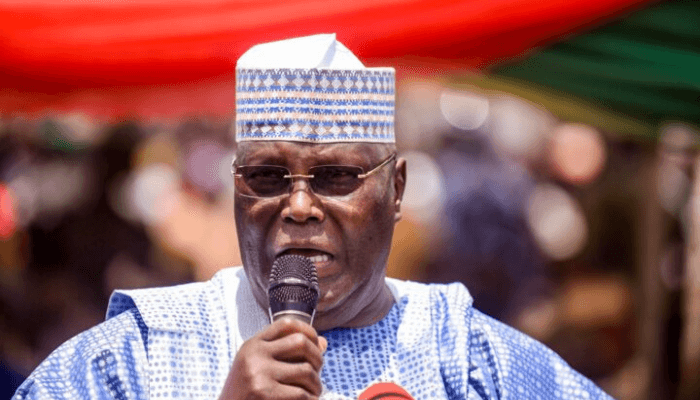
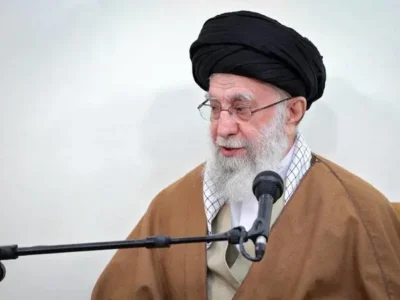
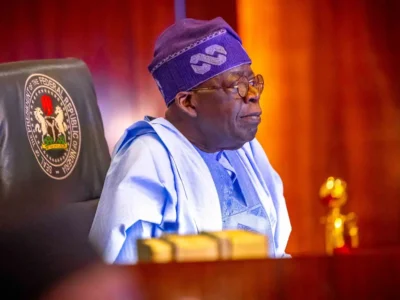
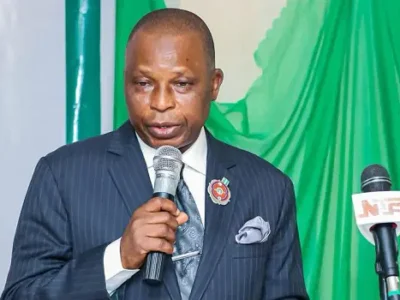










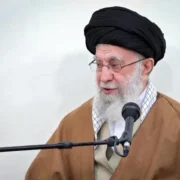
Comments